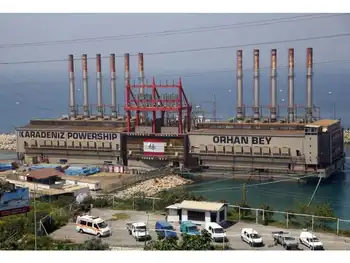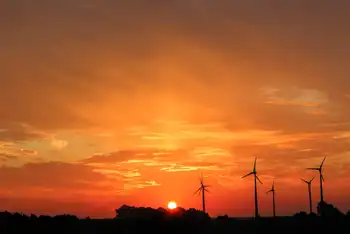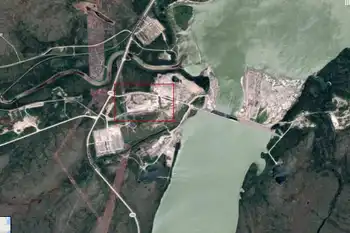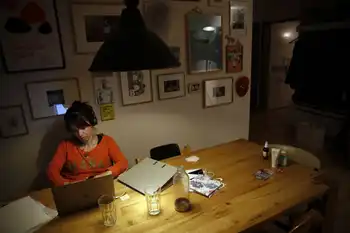Waste problems can be solved with generation
By Ottawa Citizen
NFPA 70e Training
Our customized live online or in‑person group training can be delivered to your staff at your location.

- Live Online
- 6 hours Instructor-led
- Group Training Available
Across the Outaouais, home- and cottage-owners and municipalities are bracing for a possible environmental crisis because of a decision by the Quebec government to close the areaÂ’s trench landfills by September 30.
Pontiac Warden Michael McCrank says municipalities that once dumped their garbage in 14 trench landfills, which are really just holes in the ground, will now have to ship waste to a site in Lachute about 120 kilometres east of Gatineau.
The move will likely result in steeper dumping fees and tax increases of up to 20 per cent. McCrank says he thinks it will lead to rural residents dumping refrigerators, sofas and tires in the bush and along isolated country roads.
And despite recycling efforts, the Lachute landfill is expected to be full by 2013, leaving West Quebec municipalities with three choices: a regional landfill, trucking garbage even farther afield or building a regional energy-from-waste plant.
Riel, who heads GatineauÂ’s environment committee, said the best solution would be a regional plant that burns garbage to generate electricity.
The councillor said one energy-from-waste plant like those he toured in Sweden in May could produce electricity and hot water for thousands of homes.
“It is a waste if you take your garbage and put it in a landfill,” Riel told the Citizen. “We bury too much waste in the province of Quebec and in Canada and we have to stop it.
“In Sweden they recycle 50 per cent of their material, burn up to 50 per cent and only six per cent goes to landfill sites.”
Mario Bérubé, the Quebec Ministry of Environment official in charge of garbage disposal, said there is no barrier to incinerators in the province, but public hearings are required to make sure that they will meet provincial air quality and other environmental standards. He said municipal energy-from-waste plants must not take material from the minimum 60 per cent of waste that must be recycled or composted.
Riel agreed that people must reuse, recycle or compost before municipalities send the remaining garbage to an energy-from-waste plant or a landfill. He said recycling has increased to almost 50 per cent of waste since Gatineau introduced 360-litre wheeled containers a year ago.
Weekly pickup of compostable material such as table scraps and yard waste is to start at 77,000 Gatineau houses in May 2010.
Riel said 47 per cent of waste can be composted and about 50 per cent is recyclable, leaving only three per cent for a landfill or energy-from-waste plant.
“We need a partnership with all the municipalities around Gatineau to establish a regional incinerator because we need enough garbage,” Riel said. “A large plant could generate enough electricity for 100,000 to 150,000 houses.
“The steam can also be used to heat water for houses nearby. If we put $30 million into a plant like this it would be great.”
Some countries even import garbage to produce electricity, Riel said. He said a new plant he and Ottawa Councillor Shad Qadri saw near Stockholm has a capacity of 400,000 tonnes of garbage a year.
Some city councillors have proposed a regional garbage incinerator near Gatineau Executive Airport, but Riel said the city hasnÂ’t chosen a site. The incinerators are effective and donÂ’t produce offensive odours, Riel said, but the city canÂ’t build one because the province hasnÂ’t decided which technologies it will approve.
Riel said the province and the public need to know that energy-from-waste plants are widely accepted in countries like Sweden and Germany, where only a tiny percentage of garbage goes to landfills.
“There was supposed to be a provincial decision this fall, but we are still waiting and it is slowing us down,” Riel said.
“If you are against incinerators you are for landfills. To transport garbage 200 kilometres and return with empty trucks is completely ridiculous. You are breaking the roads and creating greenhouse gases. To me landfills are nonsense.”
The City of Ottawa is already in a joint venture with Plasco Energy Group to turn garbage, at extremely high temperatures, into a gas that produces electricity when burned in a process called plasma gasification. The two-year pilot project now under way at the cityÂ’s Trail Road landfill has encountered technical difficulties.











